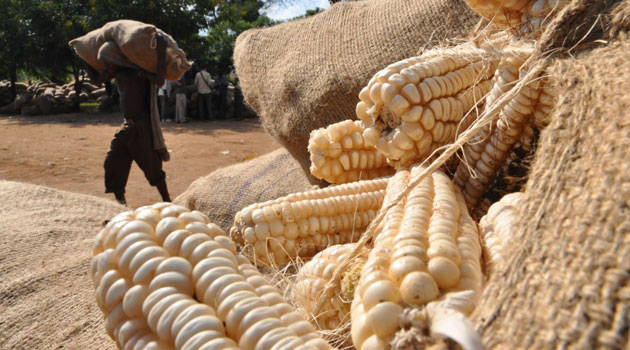African countries in the south of the Sahara have a lot to learn from South Africa’s successes in Genetically Modified (GM) plant agriculture. The southern Africa country appears poised for significant triumphs in its quest for greater food security, thanks to its embrace of agricultural biotechnology.
For a continent that perennially grapples with acute food shortages and recurrent droughts, amplified in many instances by stark poverty and unhelpful food production policies, South Africa has been doing pretty well.
Considered a regional leader in commercial and mechanized farming, South Africa has all the necessary muscle to deploy in food production that would arguably put it at par with the first world.
Perhaps the more remarkable feather in the country’s hat was its daring and early foray into agricultural biotechnology, at a time when many countries in the continent were still fumbling for greater clarity on the impact of this novel route to food production.
Its adoption of Bt white maize in 2001-2002 established South Africa as the first GM subsistence crop producer in the world. This particular decision has paid off dividends in the past two decades, and could serve as a shining example of what biotechnology can do to correct the continent’s oft-erratic maize production.
New research conducted by experts from various universities in the US and Europe shows that between 2001 and 2018, GM white maize has brought welfare benefits amounting to US$695 million in South Africa.
Benefits attributable to GM white maize in South Africa also manifest through an average of 4.6 million additional white maize rations annually, the report states. To achieve these additional annual rations using conventional hybrid maize, the additional land required would range from 1088 ha in 2001 to 217,788 ha in 2014.
The report further states that GM maize has seen the reduction of environmental damage by $0.34 per hectare or $291,721 annually, compared to conventional hybrid white maize.
The results of the study provide an appropriate and factual rebuttal to commonly peddled diatribes against GM food agriculture. Some of the criticisms, which are often founded on wobbly pseudo-science and fanned with appropriate dosages of propaganda, have effectively planted a wedge between scientists and policy makers who are largely driven by sheer good will against a public that understandably prefers to tread carefully on the subject.
The report’s authors assert that GM white maize in South Africa, typically produced as food for direct human consumption, provides a testable medium for the impacts of GM on the country’s direct food supply.
GM white maize is produced on a widespread commercial basis for direct human consumption in South Africa. It is the only staple crop produced on a widespread commercial basis in the country for direct human consumption using GM cultivars.
Food production in Sub-Saharan Africa must also be evaluated in the context of climate change and the threat it poses on sustainability of food systems. Earlier this year, a report published in the journal Nature Food suggested that GM maize can help improve climate change adaptation strategies and support producers in both high and low-production areas and bolster food security in the case of white maize consumption in South Africa.
The Food and Agriculture Organization (FAO) notes that in sub–Saharan Africa, there were 237 million undernourished people in 2017, a worrying figure indeed.
Given these and other concerns, the onus is on producers, agricultural scientists, and policymakers in the rest of the continent to pick applicable lessons from the South African success story, including adoption of GM technology where appropriate.
There are credible and sound reasons to believe that were this trait copied in other parts of Sub-Saharan Africa, the results would vindicate GM farming as one of the most viable solutions to food insecurity in the continent.
By: Joseph Maina, Journalist, biotech and agriculture, Nairobi, Kenya









